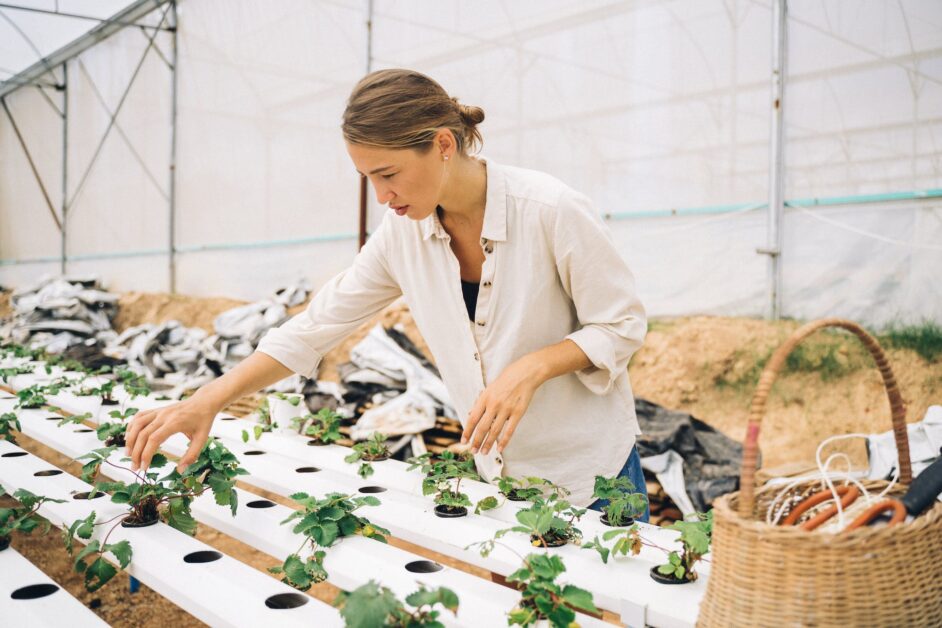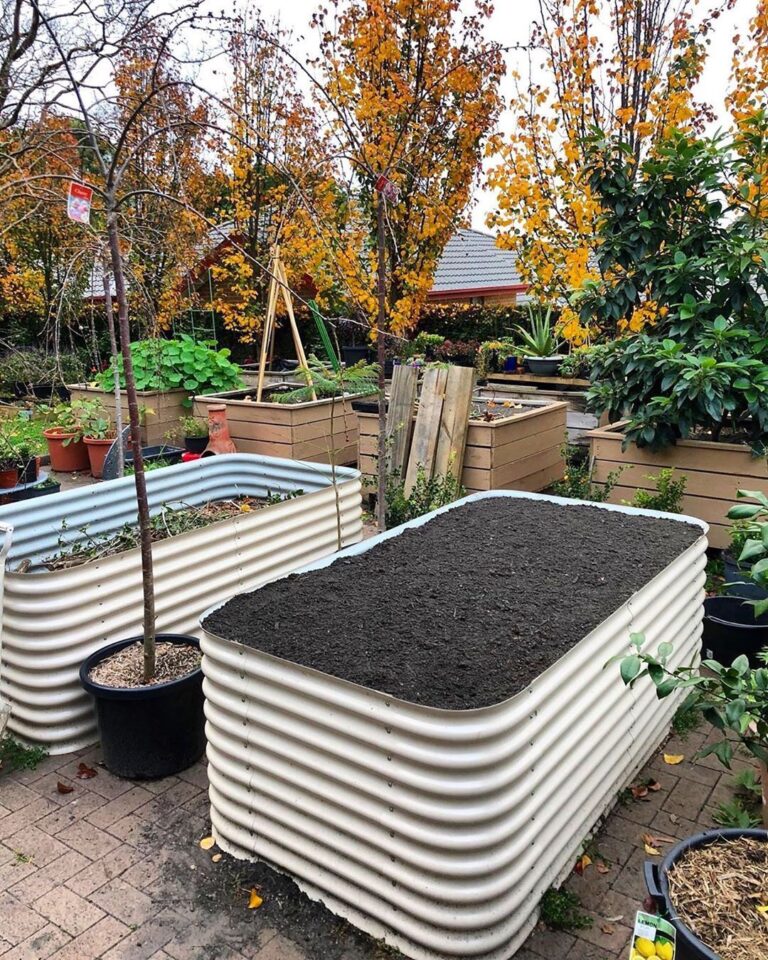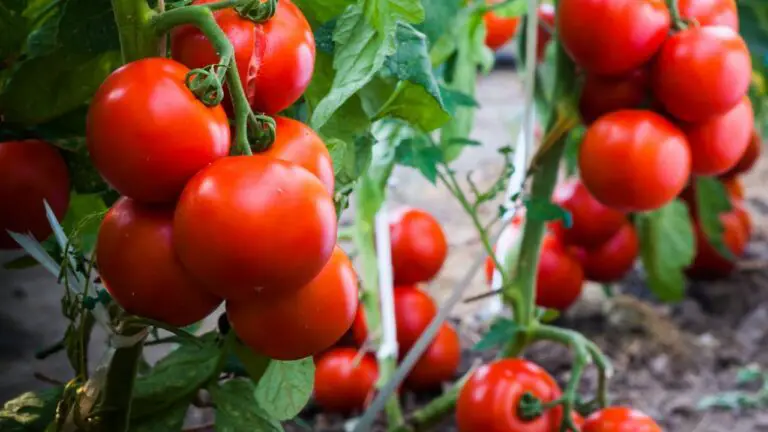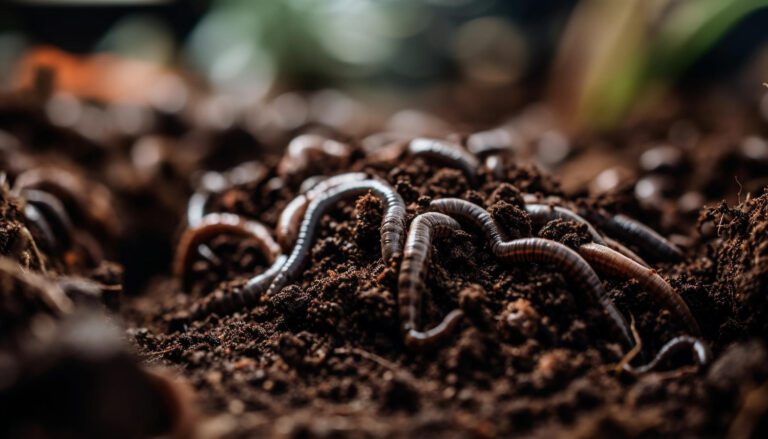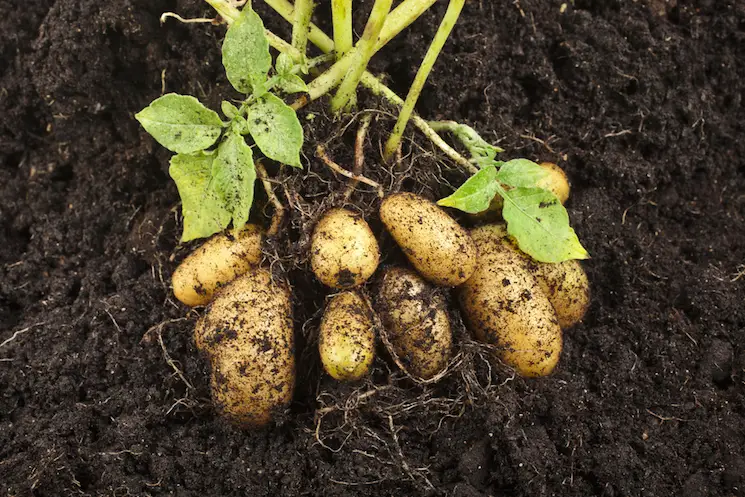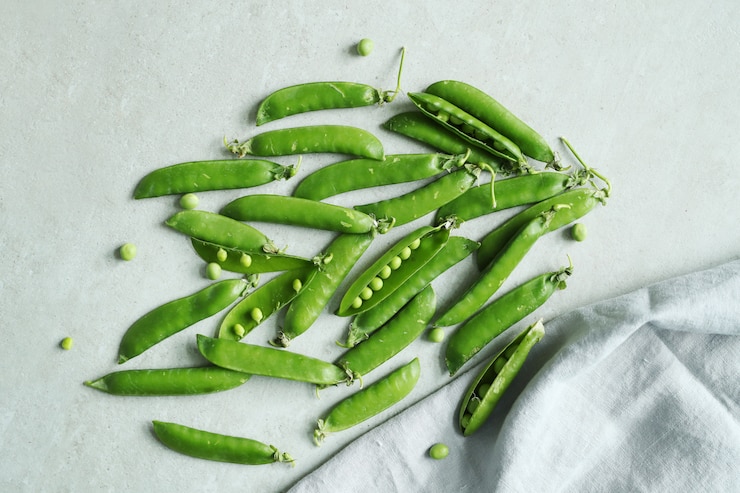Common Mistakes Growers Make: A List of the Most Common Errors and How to Avoid Them
Table of Contents
Poor Harvesting Practices: Tips for harvesting
Poor harvesting practices can lead to detrimental effects on the quality and quantity of your crops. It is crucial to employ proper techniques when harvesting to ensure optimal results. One common mistake is harvesting fruits or vegetables too early or too late, resulting in subpar flavor and texture. Additionally, improper handling during harvesting can cause bruising or damage to the produce, reducing its shelf life and overall value. This article will provide essential tips and guidelines to help you improve your harvesting practices and maximize the potential of your garden or farm. By following these recommendations, you can ensure that your efforts are rewarded with a bountiful and high-quality harvest.

What are some common poor harvesting practices to avoid?
Some common poor harvesting practices to avoid include harvesting crops too early or too late, using improper harvesting tools, mishandling harvested produce, and not following proper storage and preservation techniques.
| Poor Harvesting Practice | Description |
|---|---|
| Harvesting at the wrong time | Harvesting crops too early or too late can lead to lower yields and reduced quality of the produce . |
| Rough handling of produce | Rough handling of produce during harvesting, transportation, and storage can cause physical damage to the produce, leading to spoilage and reduced shelf life . |
| Poor storage conditions | Poor storage conditions such as high humidity, high temperature, and poor ventilation can lead to spoilage and mold growth . |
| Inadequate sorting | Inadequate sorting of produce before storage can lead to the storage of damaged or diseased produce, which can cause spoilage and contamination of other produce . |
| Inefficient use of water | Inefficient use of water during irrigation can lead to waterlogging and soil salinity, which can reduce crop yields and quality . |
How can harvesting crops too early be detrimental?
Harvesting crops too early can result in underdeveloped produce that lacks flavor and nutritional value. It is important to wait until the crops have reached their peak maturity before harvesting.
What are the consequences of harvesting crops too late?
Harvesting crops too late can lead to overripe produce that may have a tough texture, decreased quality, and potentially increased susceptibility to pests or diseases.
What are some best practices for using proper harvesting tools?
It is essential to use sharp and clean tools appropriate for the specific crop being harvested. Dull or dirty tools can damage the produce and increase the risk of contamination.
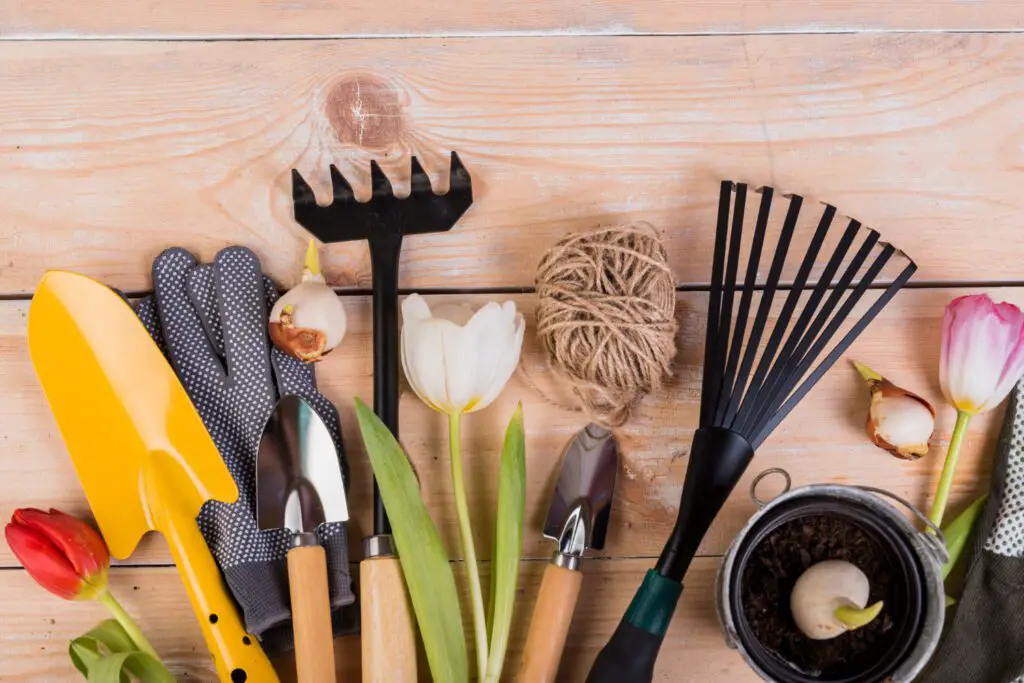
How does mishandling harvested produce affect its quality?
Mishandling harvested produce, such as rough handling or dropping, can cause bruising, physical damage, or spoilage. Proper care should be taken to ensure the integrity of the harvested crops.
What are some recommended techniques for proper storage and preservation of harvested crops?
Storing harvested crops in appropriate conditions, such as cool and dry environments, can help maintain their freshness and quality. Additionally, utilizing proper preservation methods like canning, freezing, or drying can extend the shelf life of the produce.
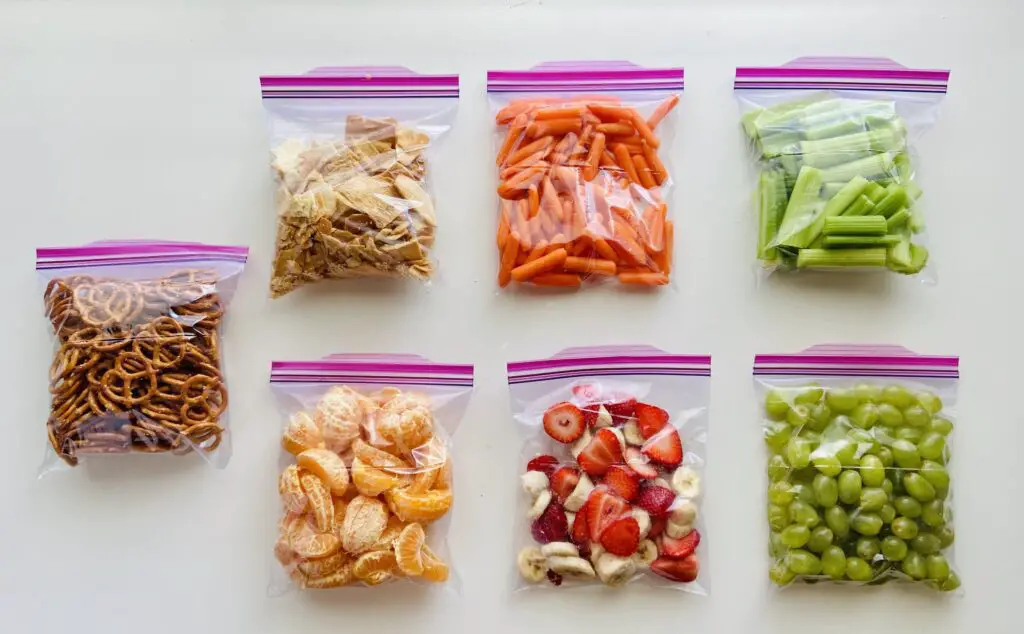
Why is it important to follow proper harvesting practices?
Following proper harvesting practices ensures the highest quality and nutritional value of the harvested crops. It also helps minimize waste, reduce potential damage or losses, and promotes sustainable agriculture practices.
How can poor harvesting practices impact the overall agricultural industry?
Poor harvesting practices can result in decreased yield, lower product quality, and financial losses for farmers. Additionally, it can negatively affect consumer trust in the agricultural industry and impact food security at a larger scale.
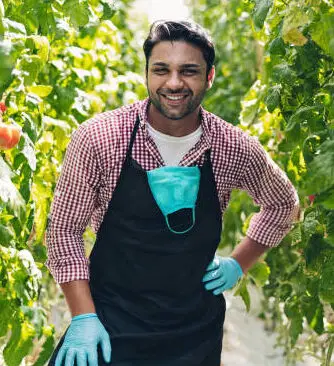
Ankit Garg is a seasoned writer at South El Monte Hydroponics, blending his passion for agriculture with a penchant for storytelling. With a degree in Agricultural Sciences from a prestigious institution, Ankit’s expertise lies in hydroponics, sustainable farming, and innovative cultivation techniques. His keen interest in exploring the intersection of technology and agriculture has led him to delve deep into the realm of hydroponic farming, where he thrives in uncovering the latest advancements and sharing insights through his engaging prose. Ankit’s dedication to promoting eco-friendly and efficient farming practices through his writing has earned him recognition within the agricultural community and beyond.

